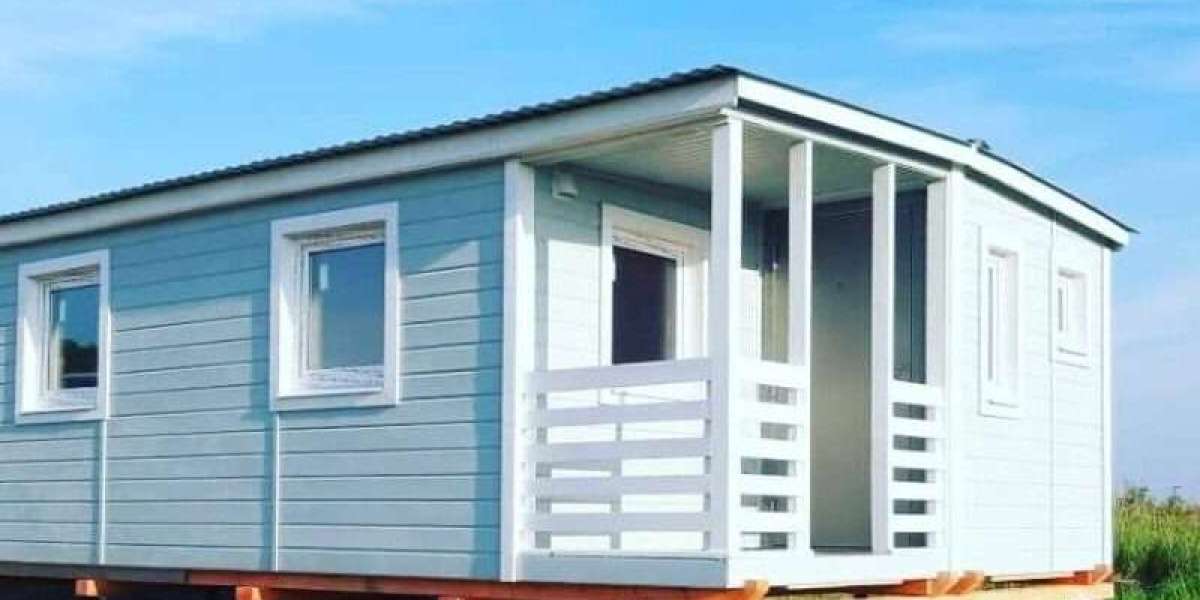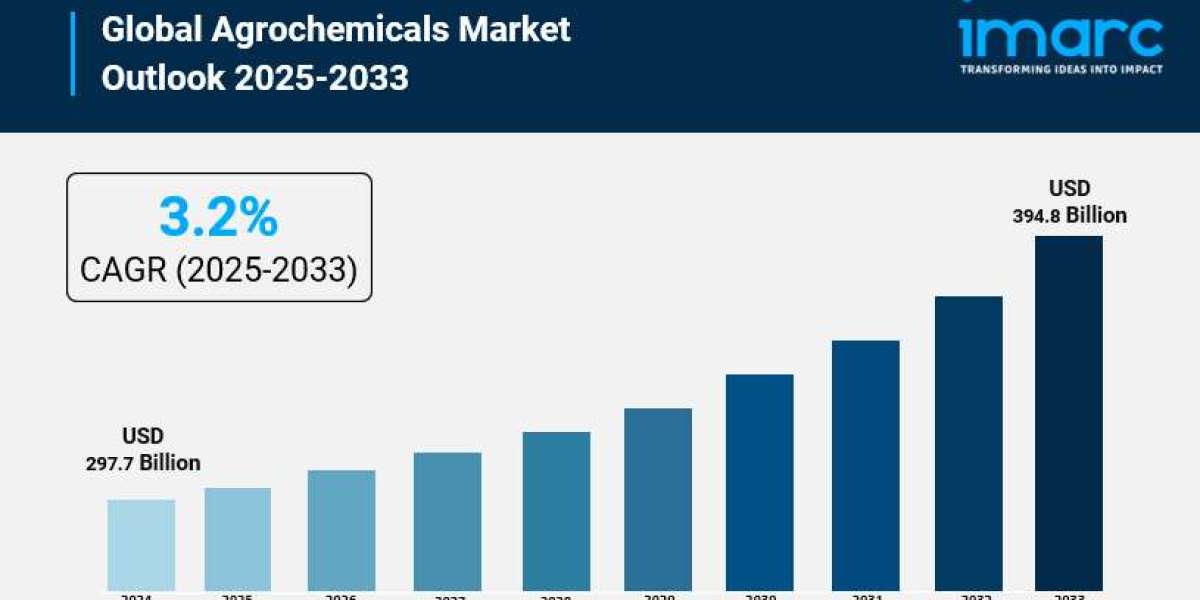Manufactured homes—also known as mobile homes—are a popular housing option across the United States due to their affordability, speed of construction, and flexibility. However, one of the most common concerns among potential buyers is whether these homes hold their value or depreciate over time. If you’re considering investing in a manufactured home, understanding how depreciation works and what influences it can help you make a smarter, more informed decision. Let’s explore do manufactured homes depreciate
What Is Depreciation and How Does It Affect Manufactured Homes?
Depreciation refers to the decline in value of an asset over time, often due to wear and tear, age, or market demand. In the context of real estate, traditional site-built homes typically appreciate in value due to land ownership, neighborhood growth, and scarcity. Manufactured homes, on the other hand, have historically been viewed more like vehicles in terms of depreciation—they lose value as they age.
But is that always the case? Not necessarily.
Factors That Influence Manufactured Home Depreciation
Land Ownership
The most significant factor that affects the value of a manufactured home is whether or not the homeowner owns the land beneath it. If the manufactured home is located on land that you own, especially in a desirable area, the total property value is much more likely to appreciate over time. However, if the home is located in a rented park or on leased land, the home itself is considered personal property and is more likely to depreciate, similar to a car or RV.
Quality and Upkeep
Modern manufactured homes are built to higher standards than ever before, thanks to HUD code regulations implemented in 1976. Well-maintained homes with updated features, good insulation, and quality materials tend to retain their value better than older or poorly maintained units.
Location, Location, Location
Just like traditional real estate, the location of your manufactured home plays a massive role in its value. Homes in high-demand areas, near cities, good schools, or with beautiful views can maintain or even increase in value. On the flip side, homes in remote or economically struggling areas are more likely to depreciate faster.
Community and Amenities
Homes located in well-managed manufactured home communities with amenities like security, pools, fitness centers, and regular maintenance tend to retain value better than those in rundown or neglected parks.
Can Manufactured Homes Appreciate in Value?
Yes—contrary to popular belief, manufactured homes can appreciate under the right conditions. If you own the land, maintain the home properly, and it’s located in a desirable area, the overall property value can go up over time. Appreciation is more likely if you treat the home as real property by permanently attaching it to a foundation and registering it accordingly.
Tax Considerations
Another aspect to consider is how depreciation affects taxes. Personal property like mobile homes on leased land may qualify for tax deductions, and in some cases, you can claim depreciation as a tax write-off if the home is used as a rental property or part of a business.
How to Protect Your Investment
Buy land with the home: Aim for ownership of both the manufactured home and the land it sits on.
Invest in upgrades: High-quality windows, new siding, roofing, and modern appliances can add value.
Regular maintenance: Keep records of repairs, inspections, and improvements.
Choose a good location: Research the neighborhood, schools, crime rates, and resale trends before buying.
Foundation matters: Permanently affix your home to a foundation to classify it as real property.
Conclusion
Manufactured homes do tend to depreciate—especially when located on rented land or poorly maintained—but that’s not the whole story. With the right combination of land ownership, care, and location, a manufactured home can be a stable and even appreciating investment. Don’t let outdated myths steer you away from what could be an affordable and smart housing choice. The key is to treat your manufactured home not just as a place to live, but as a long-term asset worthy of protection and investment.



